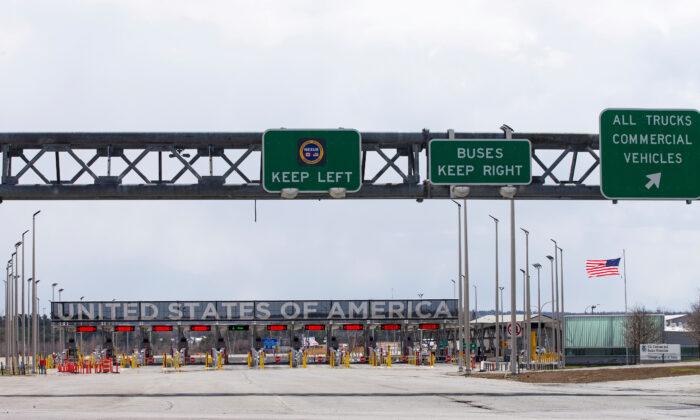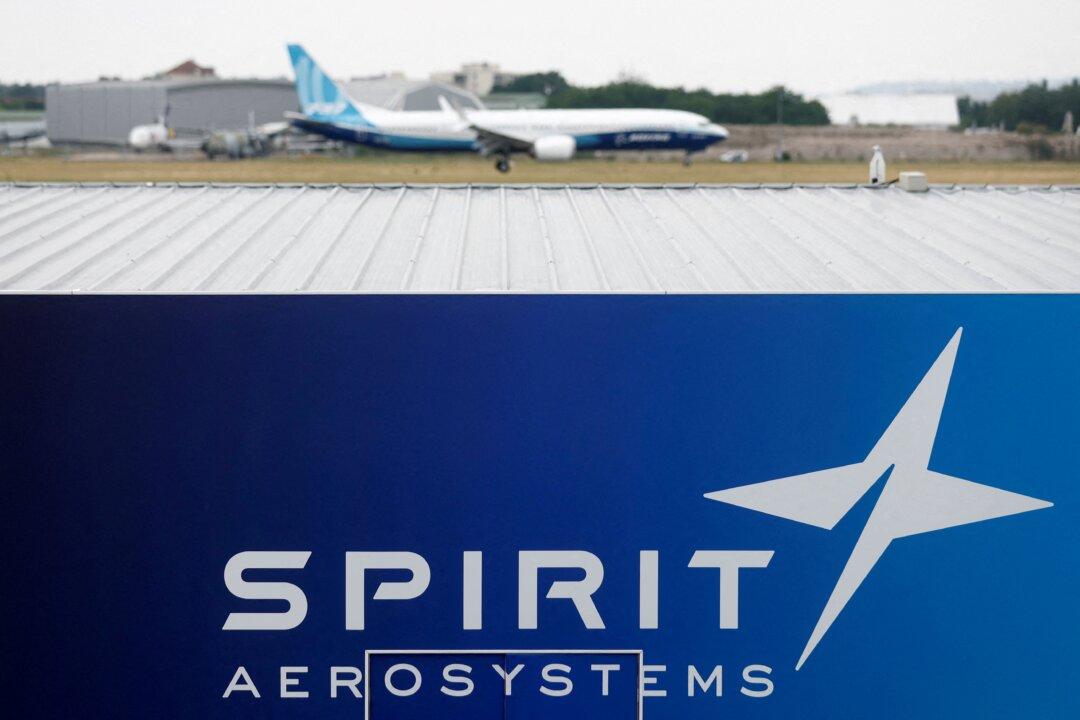OTTAWA—Canadian Prime Minister Justin Trudeau on Monday pushed back against pressure from airlines to reopen the nation’s borders, saying moving too quickly could spark a second wave of the coronavirus.
“I understand there are a lot of tourism firms and airlines who would like us to be able to once again to welcome tourists,” Trudeau told a daily briefing.
“But these people all need to understand that if we take steps too quickly, if we are not sure of what we’re doing at each stage, we risk hitting a second wave ... and having to close our economy again.”
Last week, a group of 27 leading executives added to calls for looser air travel restrictions in an open letter published in the Globe and Mail newspaper.
A senior official with Air Canada—the country’s largest airline—urged the government on Monday to quickly reopen borders and dilute quarantine requirements, citing what other nations were doing.
“Otherwise our sector and the Canadian economy will suffer far longer than it needs to,” Ferio Pugliese, senior vice president of government relations, told the House of Commons health committee.
Air Canada said in mid-May it had decided to reduce its workforce by up to 60 percent.
Canada and the United States last week extended a ban on non-essential travel to late July. Washington and Ottawa introduced month-long restrictions in March and renewed them in April and May.
“I understand how difficult this is and how frustrating this is for some people but ... we are going to be very, very careful about when and how we start reopening international borders,” Trudeau said.
Bank of Canada Governor Tiff Macklem told reporters later on Monday that “airlines are going to take longer to come back than some other parts of the economy.”





